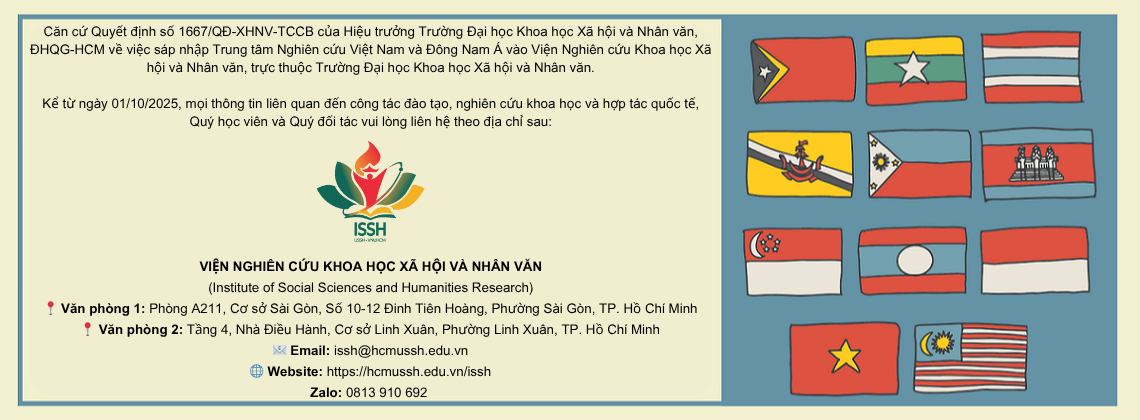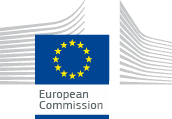REPORT ON THE RELATIONSHIP AMONG JAPAN, CHINA AND SOUTH KOREA FROM THE PERSPECTIVE OF INTERDISCIPLINARY ECO-AGRICULTURE STUDY
, 24/08/2015 15:08The Center for Vietnamese and Southeast Asian Studies just held a report titled “The relationship among Japan, China and South Korea from the perspective of interdisciplinary eco-agriculture study”. It was presented by Prof. Ikemoto Yukio, who is from the University of Tokyo, at the HCM City University of Social Sciences and Humanities on the morning of October 27.
Present at the conference were Dr. Tran Dinh Lam, Assoc. Prof. Thanh Phan, Dr. Hoang Kim – a lecturer from the HCM City University of Agriculture and Forestry, representatives from the Institute of Agricultural Science for Southern Vietnam and some students from the HCM City University of Social Sciences and Humanities.
On the occasion of working in Vietnam this time, Prof. Ikemoto Yukio, together with several lecturers and students from the University of Tokyo, has just had a practical investigation into a farm growing products of eco-agriculture in Daklak. At the beginning of the report, Dr. Kim Ki Hueng, on behalf of the research staff, introduced a typical farm in Daklak named Nico Nico. It is run by a Japanese young man and grows vegetables based on the model of eco-agriculture in Japan. This is a model of organic cultivation without using chemical fertilizers and pesticide to ensure the product safety. This model appeared in the 1970s and became popular in the 1980s. In the 1990s, the Japanese government started to issue testing regulations and granted certificates to the agricultural products reaching the Japan Agricultural Standard (JAS). Nowadays, eco-agriculture exists in two forms. The first one is mass production, which targets a large market with recognized JAS-labeled products and the other is the linking form which connects manufacturers and customers on the basis of mutual understanding. They will share information with and support to each other so that a long-lasting stable supply and demand relationship between them can be established.
.jpg)
Dr. Hoang Kim, Prof.Dr. Thanh Phan, Dr. Kim Ki Hueng, Prof. Ikemoto Yukio và Dr. Tran Dinh Lam
Then, Prof. Ikemoto presented current tensions in the relationship among Japan, China and South Korea concerning the disputes over Takeshima and Senkaku islands. According to the professor, the increasingly poor relationship among the three countries is similar to the fact that the manufacturers and customers do not understand the others’ difficulties. It is thanks to the fact that farmers and customers have mutual trust and understanding as well as share problems with the others that the model of eco-agriculture in Japan can develop strongly and stably. As a result, the interests of both sides are equally and democratically maintained. The deteriorating relationship among Japan, China and South Korea can be improved if the peoples of the three countries have more connections and exchanges in many aspects to get exact information without being distorted by egoistic motives.
Prof. Ikemoto hopes that the eco-agriculture of Vietnam will more flourish to contribute to poverty reduction in the future.
(*) The headline is titled by the editors.














